Table of Contents
Everything is uncertain. Anything can happen at any time. But no worries, you can deal with any circumstances if you are prepared. Do you know which things you should have handy in case of an emergency? Here are some emergency supplies that you can consider to have on hand at all times so you are better prepared. ~ Ed.
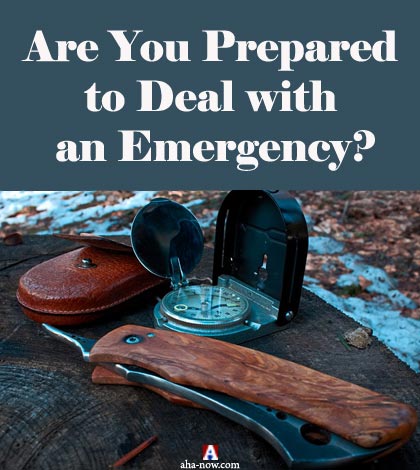
Are you looking for emergency supplies? Are you seeking peace of mind in the event of a disaster? Being prepared entails having the necessary materials on hand in the case of an emergency or tragedy.
Several emergency supply checklists are available online, including suggestions from the Federal Emergency Management Agency, the American Red Cross, and the Centers for Disease Control and Prevention. However, the breadth and detail of those lists might be overwhelming.
You can often put together a simple emergency pack out of items you already have. And there is no such thing as a single survival ensemble that is ideal for everyone. Continue reading below for four emergency supplies to have on hand.
4 Emergency Supplies to Have on Hand
It boils down to a few things when it comes to dealing with emergencies. Power, clean water, gas, and maps!
Power
Whether caused by a storm or a power grid breakdown, power outages are among the most common situations people face. In an emergency, staying warm or cool in harsh temperatures, hearing the latest news, and staying in touch with family and friends are all critical, but doing so might be difficult when the power goes out.
You can power gadgets until local utility providers restore service to your neighborhood by investing in a strong portable generator.
Clean Water
The repercussions of not having access to clean water go well beyond foul body odor. Staying clean helps you prevent transmitting germs or harboring infections, which are significant issues during long-term catastrophes. For example, gastrointestinal sickness and wound infections were among the most frequent infectious disorders in the wake of Hurricane Katrina, with at least five individuals dying from apparently minor wounds or abrasions.
It is recommended to keep at least three days’ worth of water on hand and have a water purification system ready.
Related Posts
Gas
During Hurricane Sandy, gas cans were among the most sought-after supplies, and keeping an empty gas can on hand is an excellent idea if you ever need to get or transfer gasoline without a car. Remember that gasoline is very flammable, and even small amounts can ignite.
If you’re using the gas with a backup generator, you should keep a couple of gallons somewhere safe. Keep it away from your house, not in your car, and away from electrical devices or other possible flame sources. As for your automobile, simply keep the tank at least halfway full.
Remember that gas degrades with time, so replace it at least once a year, if not every season.
Maps
Yes, you saw that right — a physical map. Most folks own a smartphone, and most smartphones have GPS receivers and navigation software to help them move about. However, if cellular connectivity fails, Google Maps and many other popular applications will be unable to navigate you to emergency help or refuge.
Although some navigation applications allow you to download mapping data, so a cellular connection isn’t necessary, you’ll be stranded if your smartphone runs out of battery. You should keep actual maps of the region you reside in and the sites you visit in your emergency pack or car to avoid this.
Conclusion
While it isn’t always likely that there will be a disaster, it is always good to be prepared. It is a good idea to have an emergency supply pack ready and available in case of an emergency. Having a powerful backup generator to aid with electricity, a clean water supply, additional gas, and some maps will put you ahead.
It is never a good idea to live in fear, but by investing in a few supplies and having them on hand can provide you with some peace of mind in the case of an emergency, which is priceless.
Over to you –
Do you have the essential emergency supplies in hand to deal with a disaster? Share your thoughts on preparedness and tips to face emergencies.

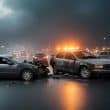



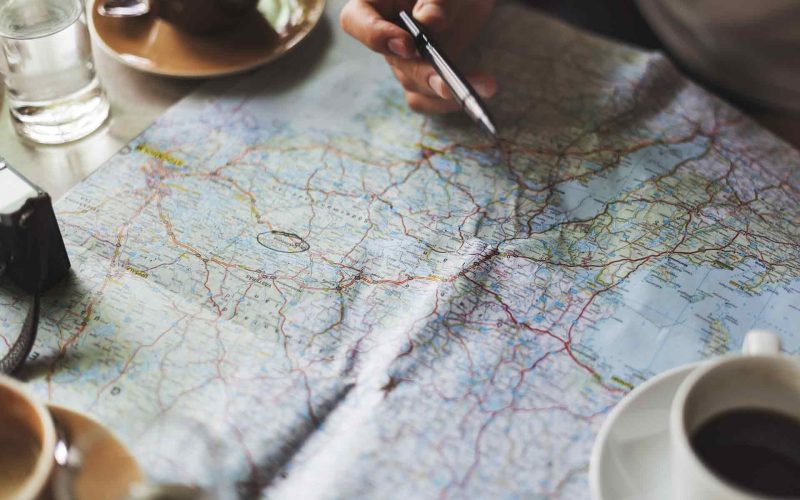






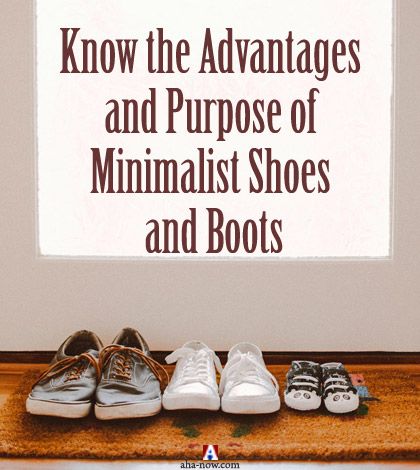

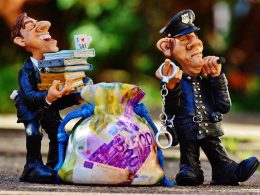

I used to teach one of the courses for FEMA dealing with planning for an emergency for the elderly when living in Hawaii with the constant threat of tsunamis as well as the annual hurricane season. A few areas to also consider is to have an ample supply (a month worth) of canned and dry foods, additional medications, cash on hand to get through a recovery period, and key documents all together in an easy way to carry them if needed, just to name a few! great reminder for all!
This article taught me various things that may help me a lot …Thank you so much!